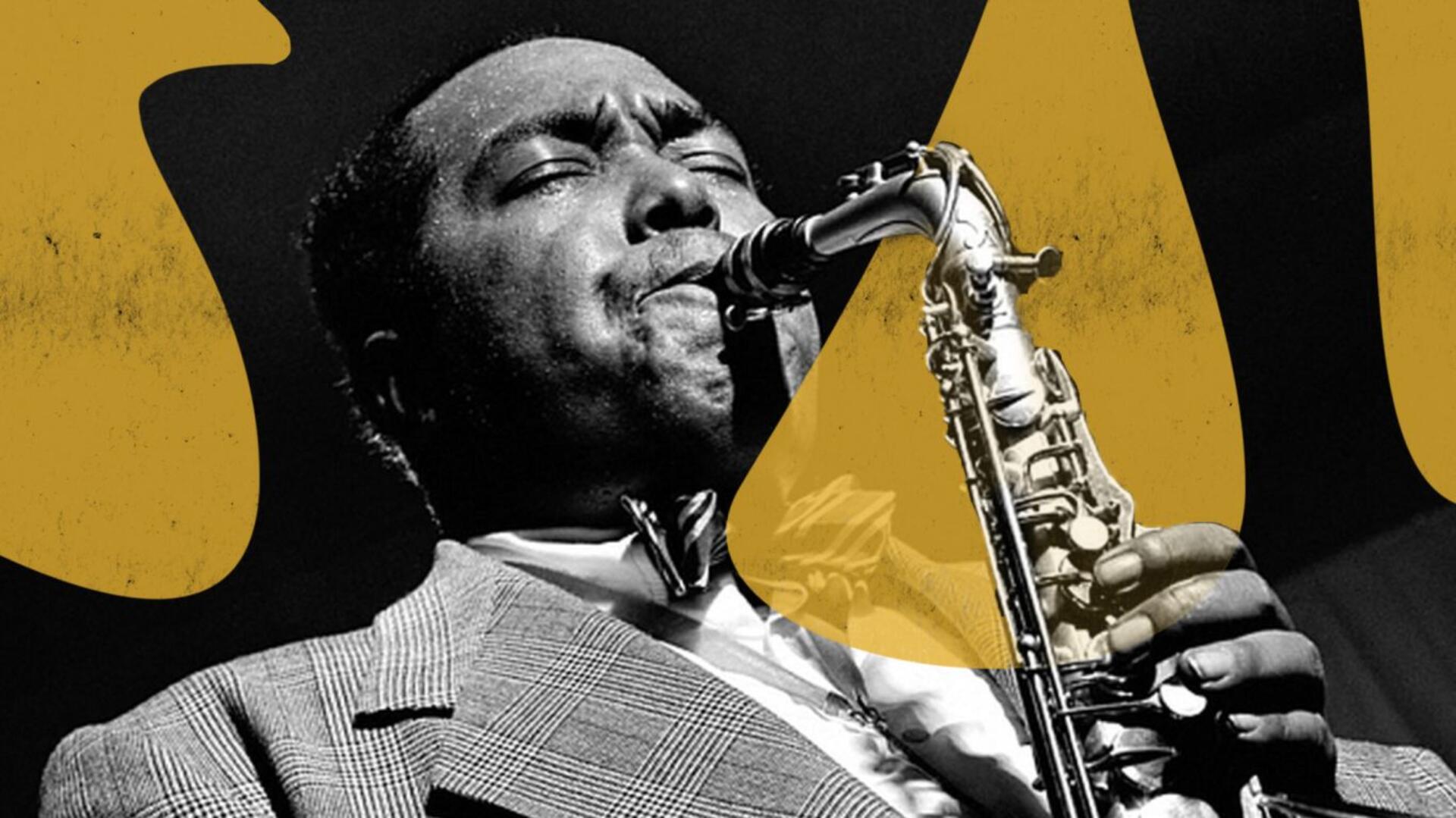
Charlie Parker, AKA "Bird," was an American jazz saxophonist and composer who became one of the most influential figures in jazz. Known for his virtuosity and innovative approach, Parker was a founding figure of bebop, a style of jazz characterized by fast tempos, complex harmonies, and improvisation. His groundbreaking work in the 1940s and early 1950s left a lasting legacy, inspiring generations of jazz musicians and redefining the possibilities of the genre.
Charlie Parker Career Highlights
1939: Moves to New York City, where he begins performing with top musicians and developing his unique bebop style, characterized by fast runs, harmonic complexity, and rhythmic innovation.
1945: Records with trumpeter Dizzy Gillespie, producing classics like "Ko-Ko" and "Salt Peanuts." These recordings mark the emergence of bebop and redefine jazz for future generations.
1946: Performs at the Jazz at the Philharmonic concert series, bringing bebop to larger audiences and establishing Parker as one of the leading figures in jazz.
1949: Records with Machito and His Afro-Cubans, blending bebop with Latin jazz and pioneering Afro-Cuban jazz, expanding the reach and influence of his music.
1950s: Despite personal struggles, Parker continues to perform and record, producing iconic compositions like "Ornithology," "Scrapple from the Apple," and "Donna Lee."
1955: Dies at the age of 34 due to complications from addiction, leaving behind a legacy as one of jazz's greatest innovators.
Charlie Parker Band - Collaborations
Dizzy Gillespie: Frequent collaborator and fellow bebop pioneer, with whom Parker recorded many of his most famous works.
Worked with jazz icons like Thelonious Monk, Max Roach, Miles Davis, and Bud Powell, forming the core of the bebop movement.
Collaborated with Latin jazz musicians like Machito, blending bebop with Afro-Cuban music and expanding jazz's horizons.
Charlie Parker Grammy Awards
Charlie Parker did not receive Grammy Awards, as his career largely predates the establishment of the Grammy Awards in 1959. However, he was posthumously awarded a Grammy Lifetime Achievement Award in 1984 for his monumental impact on jazz.
3 Most Famous Charlie Parker Songs
- Ornithology
- Ko-Ko
- Scrapple from the Apple
Charlie Parker Scandal/Gossip/Trivia
1940s: Struggles with addiction throughout his career, leading to erratic behavior and impacting his personal life and professional relationships.
1955: His death at a young age due to complications from addiction is a tragic end to a brilliant career, cementing his status as a jazz legend with a "live fast, die young" legacy.
2000: The biographical film Bird, directed by Clint Eastwood, brings renewed interest in Parker’s life and music, introducing his legacy to new generations.
Charlie Parker ratings
Charlie Parker Albums
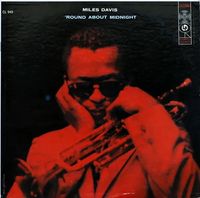
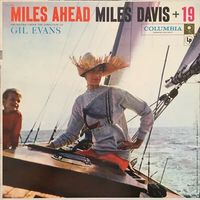
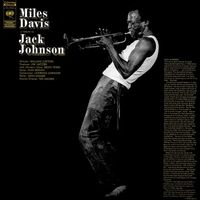
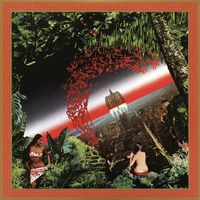
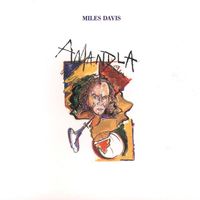
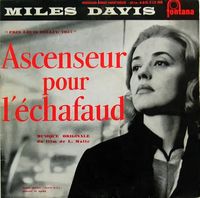

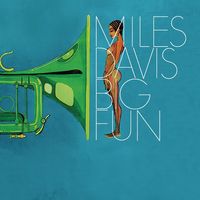
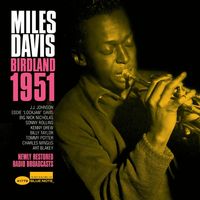
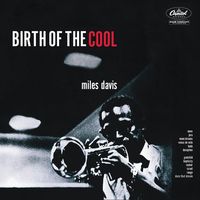
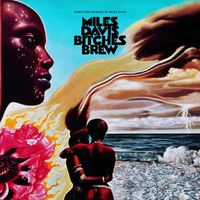
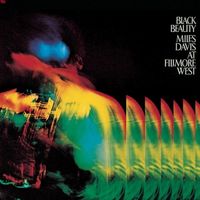
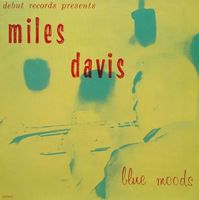
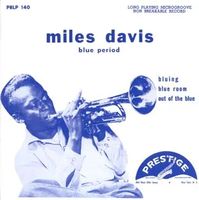
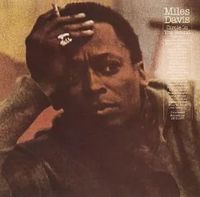
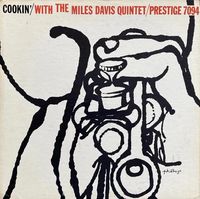
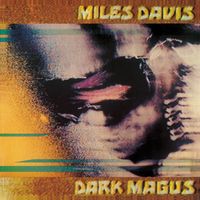
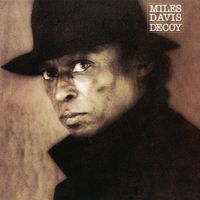


See also Charlie Parker Discography